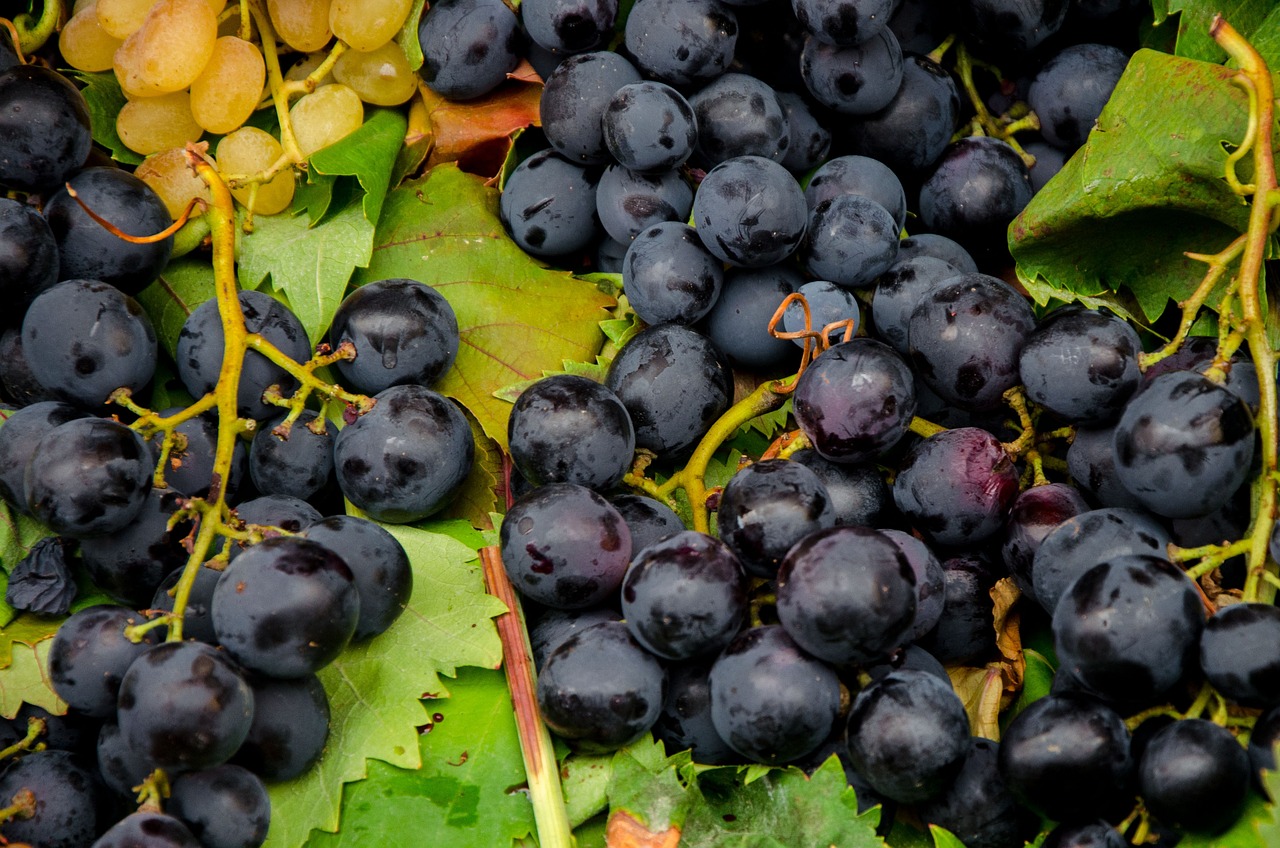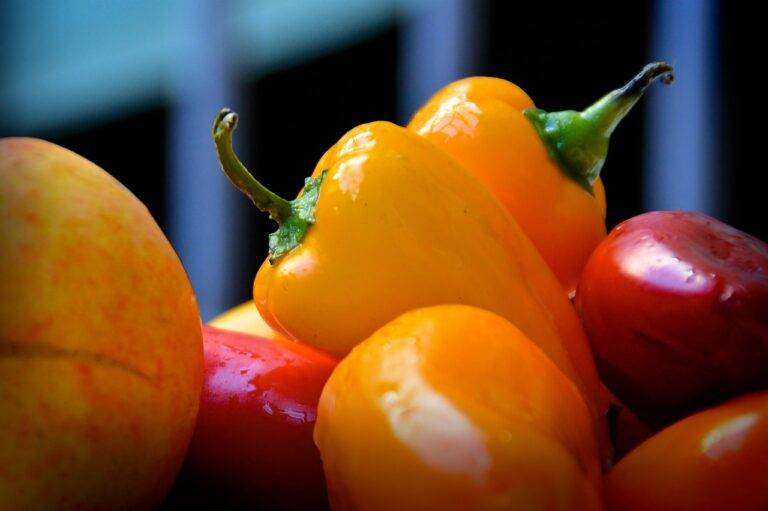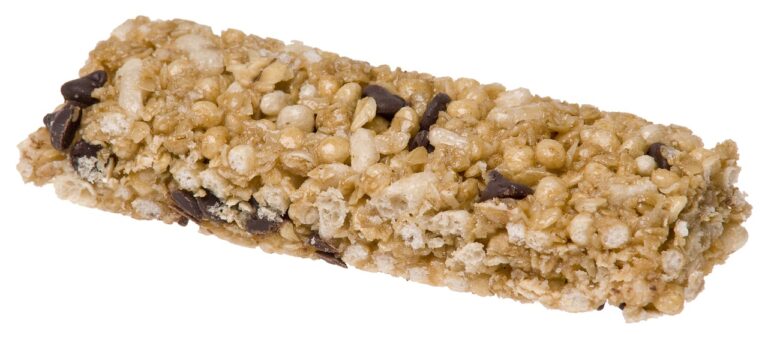The Role of Soil Health in Sustainable Farming Systems: Betbook250.com, 11xplay, Yolo 247
betbook250.com, 11xplay, yolo 247: The Role of Soil Health in Sustainable Farming Systems
Every farmer knows that healthy soil is the foundation of a successful growing operation. Without fertile soil, crops struggle to thrive, yields decrease, and overall farm productivity suffers. But what exactly is soil health, and why is it so important in sustainable farming systems?
In this article, we’ll break down the critical role that soil health plays in sustainable agriculture and why farmers should prioritize soil conservation practices to ensure long-term success on their farms.
What is Soil Health?
Soil health refers to the overall condition of the soil, including its physical, chemical, and biological properties. Healthy soil is teeming with beneficial microorganisms, rich in nutrients, and has good structure, allowing for optimal root development and water infiltration.
Why is Soil Health Important?
Soil health is essential for sustainable farming systems for several reasons:
1. Nutrient Availability: Healthy soil provides essential nutrients to plants, promoting robust growth and high yields. Without healthy soil, crops may suffer from nutrient deficiencies leading to stunted growth and decreased productivity.
2. Water Retention: Healthy soil is able to retain water more effectively, reducing the need for irrigation and helping plants withstand drought conditions. This is particularly crucial in areas prone to water scarcity.
3. Pest and Disease Resistance: Healthy soil supports a diverse microbial community that can help suppress harmful pests and diseases, reducing the need for synthetic pesticides and herbicides.
4. Carbon Sequestration: Healthy soil acts as a carbon sink, helping to mitigate climate change by storing carbon from the atmosphere in the form of organic matter.
5. Soil Erosion Prevention: Healthy soil has good structure and is less prone to erosion, helping to protect valuable topsoil from being washed or blown away.
6. Biodiversity Support: Healthy soil provides a habitat for a wide range of beneficial organisms, including earthworms, fungi, and bacteria, that contribute to ecosystem resilience and overall farm sustainability.
How to Improve Soil Health
There are several practices that farmers can implement to improve soil health on their farms:
1. Crop Rotation: Rotating crops helps prevent nutrient depletion and reduces the buildup of pests and diseases in the soil.
2. Cover Cropping: Planting cover crops during fallow periods helps protect the soil from erosion, adds organic matter, and enhances soil fertility.
3. Reduced Tillage: Minimizing tillage practices helps preserve soil structure, decrease erosion, and maintain soil moisture levels.
4. Nutrient Management: Applying organic amendments such as compost and manure helps replenish nutrients in the soil and improve overall soil health.
5. Soil Testing: Regular soil testing allows farmers to monitor nutrient levels in the soil and make informed decisions about fertilizer applications.
6. Integrated Pest Management: Adopting integrated pest management practices that focus on prevention and biological control can help reduce the reliance on chemical pesticides and herbicides.
7. Agroforestry: Integrating trees and shrubs into farming systems can improve soil health, provide valuable ecosystem services, and enhance biodiversity.
FAQs
Q: How often should I test my soil?
A: Soil testing should be done at least once a year to monitor changes in nutrient levels and pH.
Q: What are the best cover crops for improving soil health?
A: Legumes such as clover and vetch are excellent choices for cover cropping as they fix nitrogen in the soil.
Q: Can I improve soil health on my farm without using synthetic inputs?
A: Yes, implementing organic farming practices such as composting, crop rotation, and cover cropping can significantly improve soil health without relying on synthetic inputs.
In conclusion, soil health is a cornerstone of sustainable farming systems, providing a solid foundation for successful crop production and environmental stewardship. By prioritizing soil conservation practices and promoting soil health, farmers can ensure the long-term viability and resilience of their farms for generations to come.







